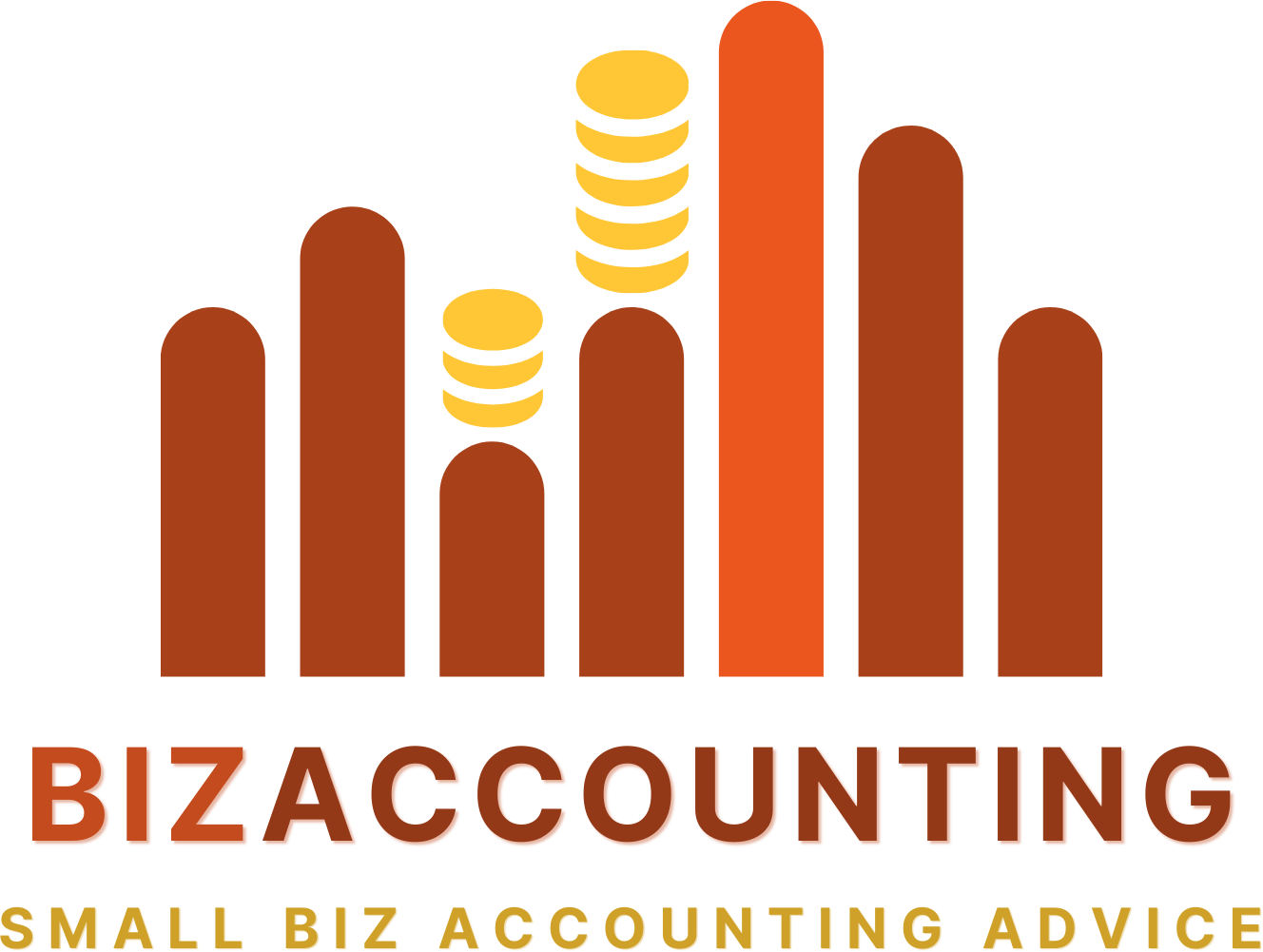As a small business owner, understanding accounting basics can help you save money and make more informed decisions. One of the main reasons businesses fail is their lack of financial planning. To ensure your business’s success, you need to prioritize financial planning by utilizing proven accounting tips designed specifically for small businesses. Let’s explore some of the most effective tips that will help you save money in the long run.
GET AN ACCOUNTANT OR BOOKKEEPER
Having an accountant or a bookkeeper on your team is crucial for staying on top of your finances. Many small business owners assume that they cannot afford one, but an accountant can actually save you more money in the long run than it costs to hire them.
The Benefits of Hiring an Accountant or Bookkeeper
Having a professional accountant or bookkeeper on board can save you time and money by helping you make more informed decisions about the future of your business. Here are some benefits that come with having a hired hand managing your finances:
- They will keep accurate records of your income, expenses, profits, losses, assets, liabilities, taxes, and other financial transactions. This helps you keep track of where every dollar is going so you can make well-informed decisions about how best to allocate funds and resources.
- They are experts in their field and know what deductions you may qualify for as well as how to minimize exposure to tax liability. They will also be able to advise you on important topics such as cash flow management and budgeting strategies.
- They will provide you with expert advice on investments and capital growth opportunities that could benefit your business in both the short term and the long term.
- They will ensure that all legal documents related to finances are filed correctly so that there are no issues down the line due to incorrect paperwork.
UPDATE YOUR RECORDS REGULARLY
As a small business owner, it is important to stay organized and update your records regularly. Keeping up-to-date records allows you to track progress and identify any discrepancies quickly before they become major issues down the road. Utilizing software like QuickBooks or Xero can be helpful in managing your data as well as creating accurate financial statements each month. Additionally, having updated records makes it easier when tax time comes around since all the information is already organized accordingly.
MANAGE YOUR CASH FLOW CAREFULLY

Cash flow management is essential for any small business owner who wants to remain profitable over time. If cash flow isn’t managed carefully, then even profitable businesses can go bankrupt due to a lack of liquidity caused by late payments from customers or overspending on unnecessary goods/services. To properly manage cash flow, consider using tools such as invoice payment reminders or automating bill payments so that you don’t miss any deadlines or incur unnecessary fees from late payments. Additionally, setting financial goals for yourself each month can be beneficial in ensuring that expenses stay within budget limits set by yourself or your accountant/bookkeeper.
There are many ways that you as a small business owner can save money through efficient accounting practices —from hiring an accountant/bookkeeper to updating your records regularly and managing cash flow carefully—all these strategies create a strong foundation necessary for success in any venture! Taking steps towards improving your finances now will ensure that you are prepared for whatever challenges come up along the way while still maximizing profitability in the future! With these proven accounting tips at hand, you have all the resources necessary for successful financial planning no matter what size company you own!
